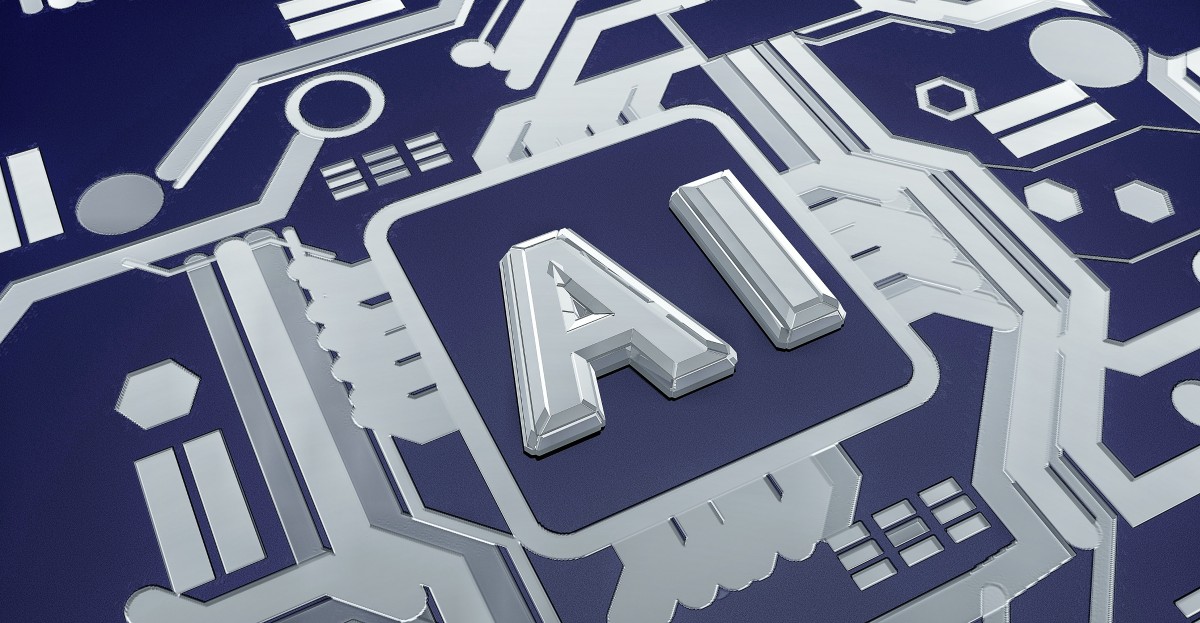Appian has published the third set of findings from its Future of Work international survey, conducted by IDG and LTM Research. Part three of the series looks specifically at “intelligent automation,” defined as the integration of emerging cognitive and robotic computing technologies into human-driven business processes and customer interactions. These technologies include artificial intelligence (AI), machine learning (ML), and robotic process automation (RPA). The data shows an enormous disconnect between the expected business benefits of intelligent automation and a typical organization’s ability to realize those benefits.
Business Urgency
Less than half (46%) of organizations have deployed intelligent automation. This is despite the fact that a large majority of IT leaders agree that effective intelligent automation holds enormous potential for their businesses:
- 86% of executives surveyed say intelligent process integration will improve customer experience
- 68% say it will lead to improved customer satisfaction
- 92% say it will make the employee experience more rewarding
- 69% say it will lead to monetization of new revenue
IT leaders in enterprise organizations across North America and Europe feel tremendous urgency to take advantage of intelligent automation. However, the vast majority admit their companies can’t currently do it: 86% of executives interviewed indicated that human work, AI systems, and robotic automation “must be well-integrated by 2020,” yet only 12% of executives said their companies “do this really well today.”
Challenges: Complexity & Lack of Strategy
While there are deployments of individual emerging automation technologies, a lack of strategy and clear alignment to business goals is resulting in siloed deployments and overwhelmed internal application development teams. Less than half of surveyed companies have deployed any form of intelligent automation. Fully half of those companies boast IT staffs in excess of 20,000 employees. Specific pain-points include:
- 89% of respondents say their organizations struggle to adapt with technology
- 80% say their organizations “fail to understand how artificial intelligence would change everything”
- 66% have difficulty integrating existing IT investments and skills with demanding AI and RPA technology
- The need to change IT culture (44%) and application development practices (31%) were the next highest-ranked responses




